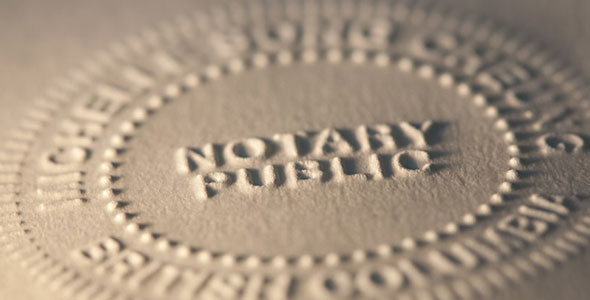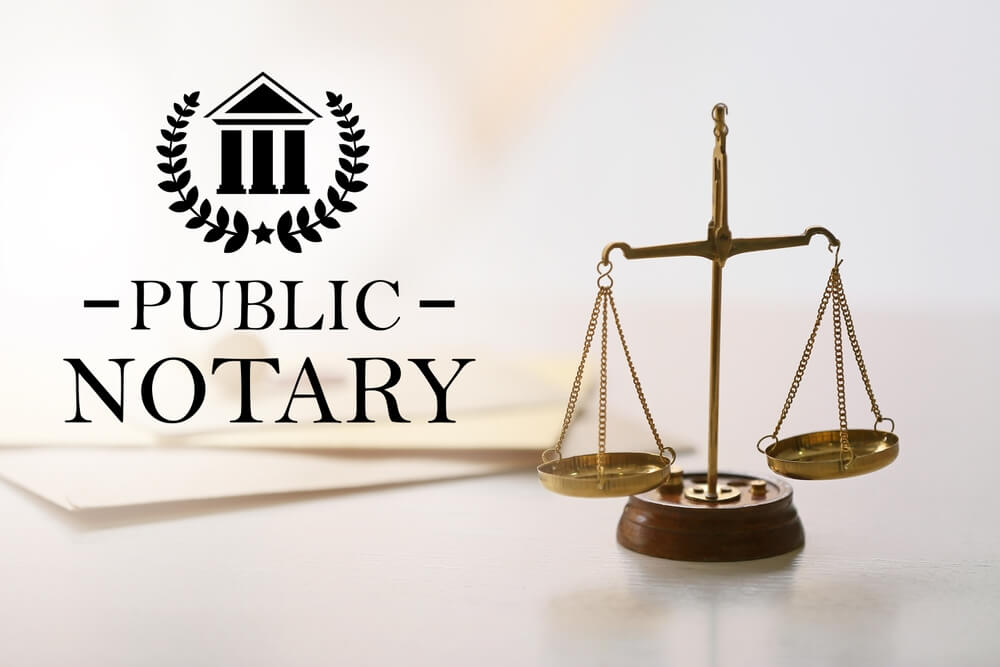Deceased Estate Administration: Handling Possessions and Affairs After Passing
Deceased Estate Administration: Handling Possessions and Affairs After Passing
Blog Article
Demystifying Notarial Work: Streamlining the Function and Importance of Notaries
Their role, frequently shrouded in mystery for numerous, carries substantial weight in making sure the credibility and stability of important files. By deciphering the complexities shedding and bordering notarial methods light on the value of their acts, a clearer understanding emerges of the essential function notaries play in supporting the fabric of legal and lawful agreements.
The Background of Notarial Job
How did notarial work progress over time to become an integral component of lawful and organization purchases? The history of notarial job dates back to old human beings, where scribes played a vital role in tape-recording vital information and verifying records. As cultures proceeded, the requirement for a much more formalized system to ensure the validity of arrangements occurred. This caused the development of notaries, individuals assigned by the state to function as objective witnesses in legal matters.
During the Middle Ages, notaries gained prominence in Europe, with their functions expanding to include drafting legal papers, certifying trademarks, and protecting records. The increase of worldwide trade further stressed the value of notarial work in confirming contracts and agreements across borders.
In the modern era, notaries continue to play an important function in legal and organization transactions by verifying identifications, confirming the credibility of files, and preventing fraudulence. Their role in certifying the legitimacy of arrangements includes a layer of security and depend the ever-evolving landscape of business and regulation.

Obligations and Responsibilities of Notaries
Notaries play an essential duty in verifying the credibility of papers and the identification of signatures. One of their primary obligations is to witness the finalizing of essential files, such as deeds, wills, and contracts, to make sure that all celebrations are getting in into contracts knowingly and voluntarily.
They certify copies of initial papers, giving guarantee to establishments that the copies are true replicas of the originals. Overall, the duties and responsibilities of notaries are important in protecting the stability and validity of different documents and transactions - Deceased Estate.
Notarial Certificates and Signatures
Exhibiting careful focus to detail, notarial certificates and signatures work as crucial elements in confirming the authenticity of legal documents. Notarial certificates usually include vital info such as the date of registration, the names of the signatories, a description of the file, article and the notary's main seal. These certificates offer a clear document of the notarial act, making sure that the paper can be conveniently identified and mapped back to the notary that managed the procedure.
Signatures play a crucial duty in notarial job, as they indicate the arrangement and permission of the parties involved. Notaries carefully witness the signing of papers to validate the identification of the signatories and validate that they are authorizing of their very own free will. By attaching their main seal and trademark to the paper, notaries accredit that the needed procedures have actually been adhered to which the paper is legitimate and enforceable.
Fundamentally, notarial certificates and signatures are the trademark of credibility in lawful purchases, giving assurance to all parties included that the documents are legit and binding.
Importance of Notarial Acts

Registration Refine Clarified
The notarization process commonly starts with the private providing the record to a notary public. When the identity is confirmed, the notary makes certain that the private authorizing the record does so voluntarily and without any kind of coercion.

Final Thought

Notarial certifications usually contain essential details such as the day of notarization, the official statement names of the signatories, a summary of the paper, and the notary's official seal. These certifications provide a clear record of the notarial act, guaranteeing that the paper can be conveniently identified and traced back to the notary that oversaw the process.
By attaching their official seal and trademark to the paper, notaries license that the essential treatments have been followed and that the document is legitimate and enforceable.
By confirming the identity of the signatures, confirming their willingness to get in into the contract, and accrediting the day and area of the finalizing, notaries play a vital function in promoting the legitimacy of lawful records.After the record is authorized, the notary will affix their Home Page main seal or stamp onto the paper.
Report this page